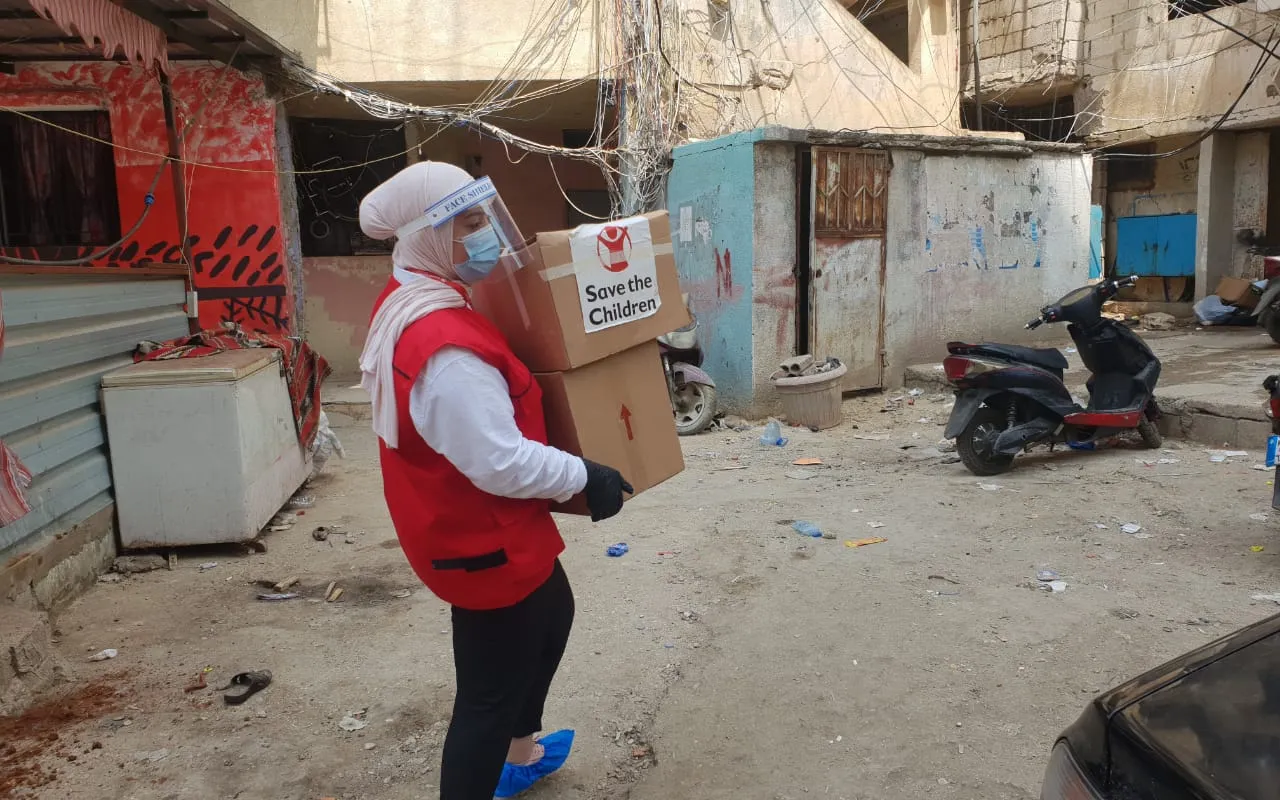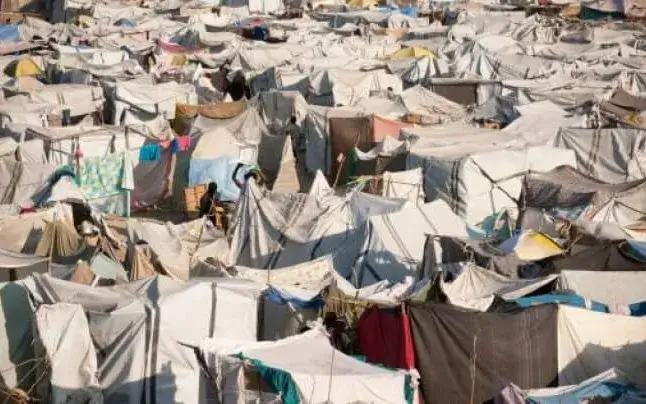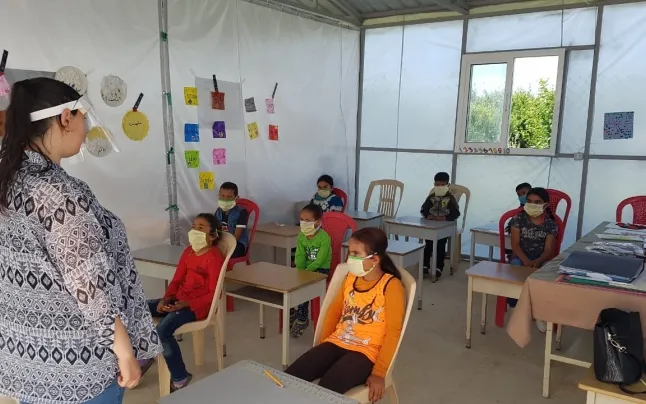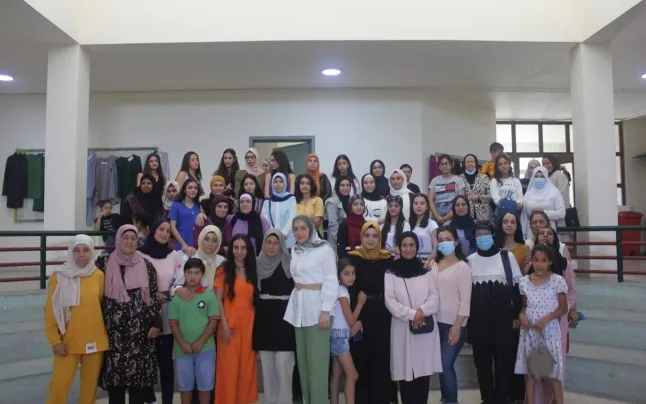Numerous organisations have been assisting the country in the aftermath of the tragedy that has struck Lebanon’s capital
The moving images of the explosion that has taken place in the port area of Beirut have shocked the world. The enormous deflagration that has struck the Lebanese capital has caused, for now, more than 135 dead and 5,000 people injured, according to the Lebanese Red Cross. Even so, it is suspected that these figures may rise in the coming days.
Emergency teams have been working non-stop looking for survivors – it is believed that there are still hundreds of missing people – in the affected area by the explosion, which has a radius of approximately 3.2 kilometres and 750,000 people live. The army has also been deployed throughout the city to assist in rescue works.
Regarding the origin of the deflagration, Lebanese Prime Minister Hassan Diab, has explained that it was caused by the detonation of 2,750 tonnes of ammonium nitrate stored in the port of the Lebanese capital for six years without security measures. However, initial assumptions suggest that the explosion would have been accidental and therefore not deliberate. The Lebanese government has promised maximum transparency in the investigation to determine the causes of the incident.
The affected area has been destroyed and the city's governor, Marwan Abboud, has declared that "almost half of Beirut is destroyed or damaged". The Lebanese Supreme Defence Council has decreed the city a "disaster area" and a state of emergency has been declared for two weeks. About 300,000 people are estimated to have lost their homes.
A large part of the international community has shown its solidarity with Lebanon and its willingness to help ease the effects of the tragedy. For example, the European Union (EU) has already announced that it has immediately sent a team of about 100 specialized firefighters and several countries have offered their assistance through the European Civil Protection Mechanism. Countries such as Qatar and Kuwait, among others, have already sent medical equipment to the area.
How to help the victims of the Beirut tragedy
Several international and national organisations have been assisting the victims of the tragedy. Many of them have asked for funds to ease the situation in the country, which is in the midst of a strong economic crisis and is struggling to cope with the effects of the Covid-19 pandemic.
Lebanese Red Cross
The humanitarian organisation is the main provider of ambulances in the country and is working relentlessly since the explosion. The Red Cross has opened a channel to make donations through its website.
Save The Children
The NGO Save The Children is also responding to the emergency assisting to those affected by the explosion. You can collaborate through their website.
Impact Lebanon
The non-profit organisation Impact Lebanon is working in the country and has launched a fundraising campaign to help the victims through the crowdfunding site JustGiving. Donations can be made here.
Beit el Baraka
This non-profit organisation based in Beirut is dedicated to helping families and the elderly in the country. Beit el Baraka has explained through its social networks that it will help repair the homes affected by the explosion.
Donner Sang Compter
This organisation, founded more than a decade ago, promotes blood donation in Lebanon. Through its social networks, Donner Sang Compter has explained that they work intensively to help the victims of the disaster. You can collaborate here.








Add new comment